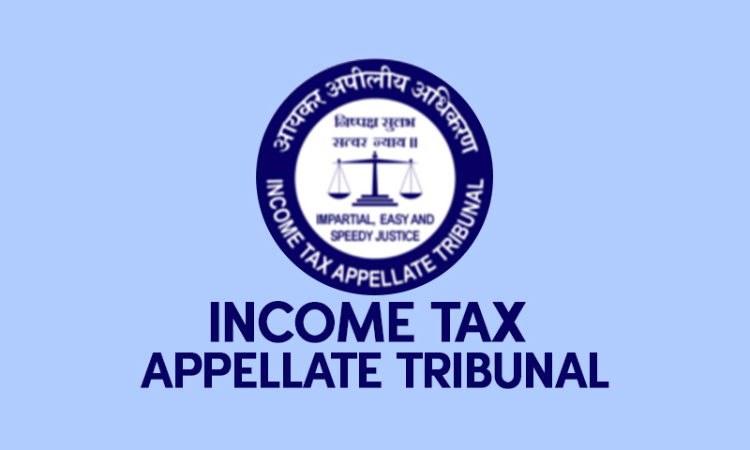Claim Of Deduction Under Section 54 Of Income Tax Act To Be Reckoned From The Date Of Possession Of New Property: Mumbai ITAT
Parina Katyal
10 March 2022 9:21 PM IST

Next Story
10 March 2022 9:21 PM IST
The Mumbai Bench of ITAT, consisting of members Pramod Kumar (Vice President) and Kuldip Singh (Judicial Member), has ruled that an assessee's claim of deduction under Section 54 of the Income Tax Act, 1961 was to be reckoned from the date of possession of the new residential house property. Also, the ITAT ruled that the source of funds for the purchase of the new house...
